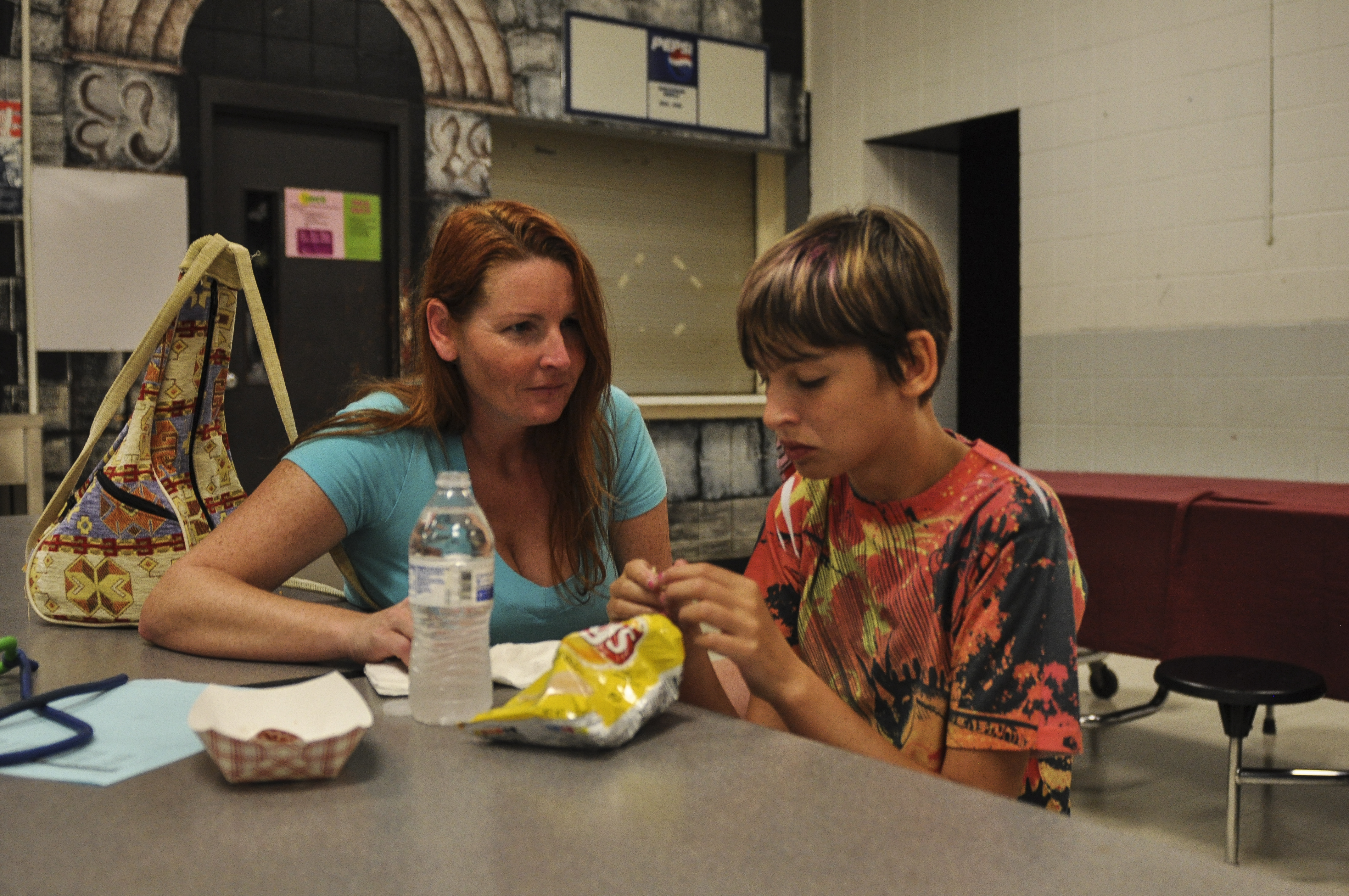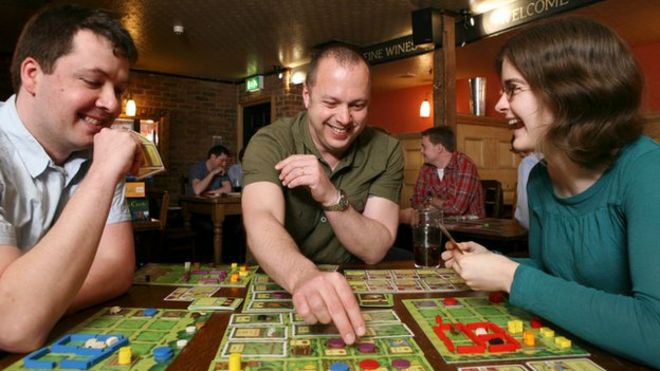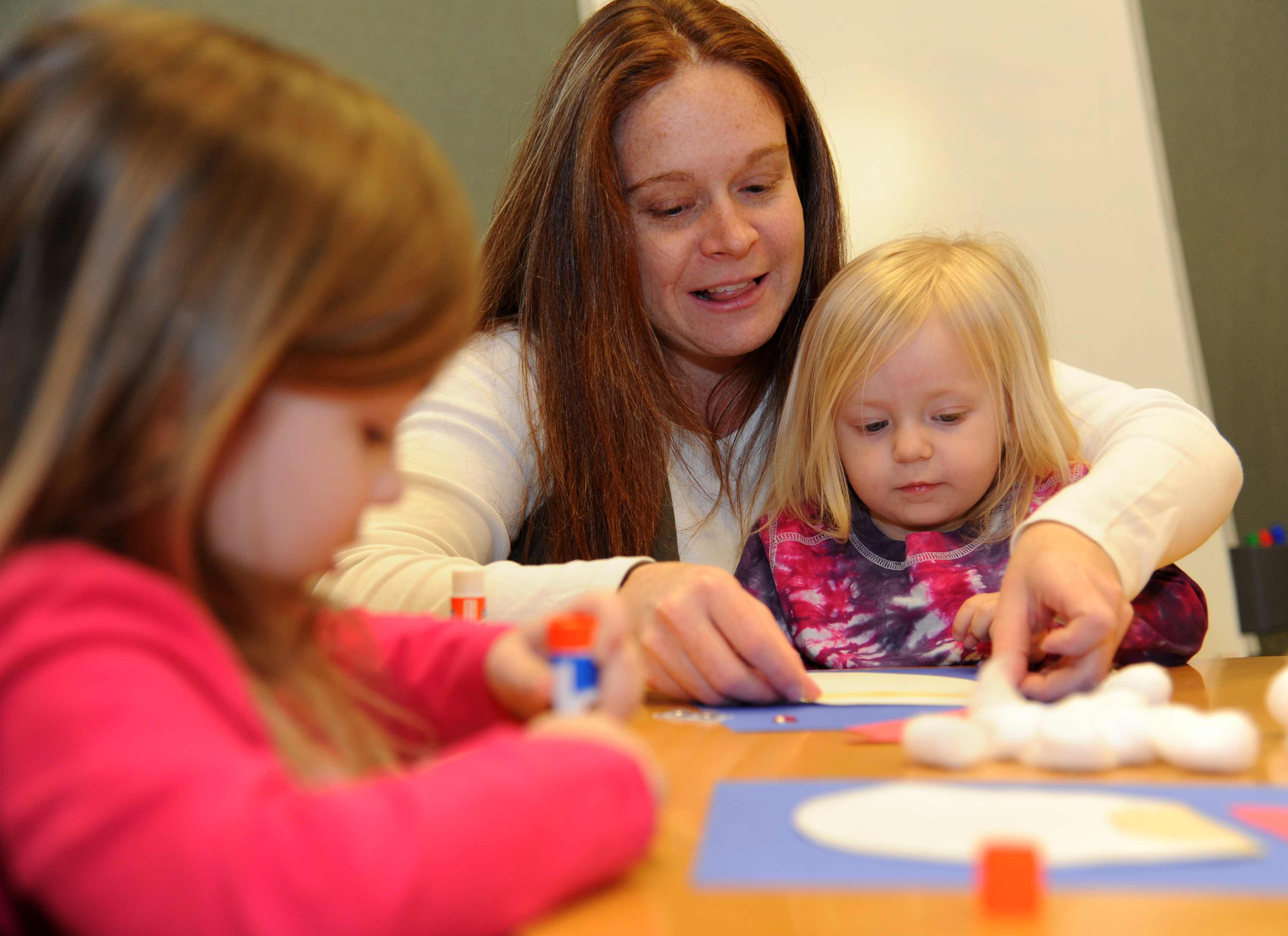Which is more important to your children, the amount of time you spend with them, or the quality of the time you are able to spend?
Mothers
on both sides of the question are passionate about their answers. Working mothers question the value of time
some mothers spend, in the children’s presence, but watching TV, reading,
visiting on the phone or posting on social media. They say it is much more important to spend
one-on-one time nurturing and interacting, even if that time is limited.
Stay-at-home moms say that
meaningful interactions can’t be scheduled.
They feel many critical moments to teach or model moral values can just
pop up and will be gone in the blink of an eye.
And that means spending lots of “quantity” time together with your kids.
In addition, children experience
many small events each day that have an impact on them, so parents who spend
generous amounts of time with their children are best able to understand and
address their fears, hesitations, and actions.
What do the experts say? Well, again, it depends on who you ask.
AGE
ONE TO THREE

Nearly
everyone agrees that from ages one through three, having a relationship with
your child is extremely important.
Ninety
percent of a child’s brain develops during the
first three years of her or his life. These inter-cellular brain connections are
critical for development and are made through
daily, repeated positive experiences with parents and caregivers. When parents
and caregivers engage in baby talk, conversations, and play activities with
their toddlers, like peek-a-boo, banging on pots and pans, filling a box or
bucket with objects to dump and fill again, they’re helping the development of
learning through trial and error.

This is the time when relationship development is made. Children adopted from orphanages in Romania, where babies were physically cared for but never engaged, often developed attachment disorder.
Reactive attachment disorder occurs when children have been unable to consistently connect with a parent or primary caregiver. This can happen for many reasons: A baby cries and no one responds or offers comfort. A baby is hungry or wet, and they aren't attended to for hours. Babies need parent's time and involvement for proper relationship development.

This is the time when relationship development is made. Children adopted from orphanages in Romania, where babies were physically cared for but never engaged, often developed attachment disorder.
Reactive attachment disorder occurs when children have been unable to consistently connect with a parent or primary caregiver. This can happen for many reasons: A baby cries and no one responds or offers comfort. A baby is hungry or wet, and they aren't attended to for hours. Babies need parent's time and involvement for proper relationship development.
AGE THREE TO ELEVEN
A surprise finding of a recent study published in the April issue of Journal of Marriage and Family showed that between the ages of 3 and 11, the amount of time parents spent with their children had no influence on the children. The finding includes children’s academic achievement, behavior and emotional well-being.
Researchers looked at both “engaged” time, when parents were
interacting with their children, and “accessible” time, when parents were
present, but not actively involved with children. They focused on sheer
quantity, not quality, of time. They did not look at time with children from
birth to the age of 3.
“I could literally show you 20 charts, and 19 of them would show
no relationship between the amount of parents’ time and children’s outcomes. . . . Nada. Zippo,” said Melissa Milkie, a
sociologist at the University of Toronto and one of the report’s authors.
In fact, the study found one key instance when parent time can
be harmful to children. That’s when mothers are stressed, sleep-deprived,
guilty and anxious.
Another instance when parent time can have a detrimental effect
of children under 6, Amy Hsin, a sociologist at Queens College found, is when the mother spends the bulk of her time watching TV
or doing nothing.


The same is true for parents’ warmth and sensitivity toward their children. However, child development expert Mary Ainsworth observes: “It’s very hard to become a sensitively responsive mother if you’re away from your child 10 hours a day.”
TEENAGERS


Another surprise finding of the
study was that in the teenage years, just when you think you can leave your
child on their own a little more, that the amount of time you spend with your
teen does matter. Milkie and her
co-authors found: The more time a teen spends engaged with their mother, the
fewer instances of delinquent behavior. And the more time teens spend with both
their parents together in family time, such as during meals, the less likely
they are to abuse drugs and alcohol and engage in other risky or illegal
behavior. They also achieve higher math scores.

The study found positive associations for teens who spent an average of six hours a week engaged in family time with the parents. “So these are not huge amounts of time,” Milkie said.
One mother who had made substantial sacrifices to stay home with
her children stated: “I can see from my own experience how time with your
parents is more important in adolescence. But, you know, the relationship with
your child isn’t built all of a sudden when they’re teens. It takes time early
on.”
So what’s a mother to do?
I asked my daughter, who has chosen to stay at home with her
children, which she thought was more important, quantity or quality. “Why do I have to choose?” she asked. “They are both important.” Today’s parents are choosing both. Another study by Milke found that working
mothers today are spending as much time with their children as at-home mothers
in the early 1970s. And fathers time
with their children has risen from 2.6 hours a week spent with kids in 1965 to 7.2
in 2010.
There are ways to
increase the amount of time available to spend with your children. One is to turn off the TV or computer or
tablet. In the average American
home, the television is on 49 hours a week. In contrast, the average
amount of time that both parents spend in meaningful conversation with their
children is 39 minutes a week. Instead of watching TV, read together, play
board games together, take a walk to a local park, or sit and talk.

Don’t over schedule your children, so they don’t have time for you.
Some parents feel pressure to sign their children up for numerous sports teams, music and dance lessons, social clubs, and all kinds of community organizations. Don't fall prey to this mindset. Kids don't need a dozen different weekly activities. They need quality and quantity time with loving, involved, and committed parents. Time in the car with mom or dad on the way to soccer practice is probably more important than the time on the field with a coach.
“I’m not aware of any rich and telling
literature on whether there’s a ‘sweet spot’ of the right amount of time to
spend with kids,” said Matthew Biel, a child and adolescent psychiatrist at
Georgetown University Medical Center.
A study published
in the journal Leisure Sciences by Ramon Zabriskie states: “Rather than the occasional
expensive family vacation alone, the satisfaction with regularly occurring
home-based family activities such as eating dinner together, participating in
hobbies and informal sports and yard activities together, watching television
together, or playing board games together with the father present was the
single strongest predictor of all aspects of family functioning, particularly
from the youth perspective.”






No comments:
Post a Comment